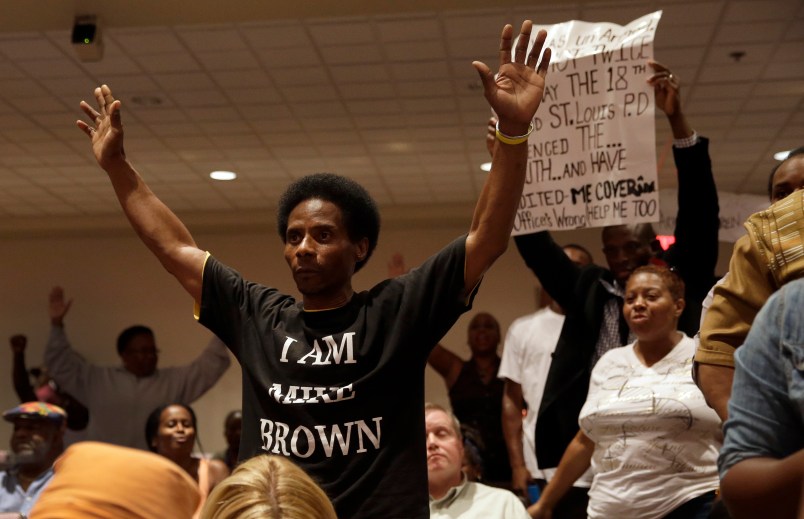We should always be skeptical of seemingly easy technical solutions to problems that are deeply embedded in our society. But this videotape of a totally innocent, totally non-threatening black motorist shot multiple times by a (at best) jumpy and panicked state trooper tells us that dash-cams should become standard for law enforcement around the country.
There’s also a push to have police wear body cams. I don’t know the exact logistics of how much that complicates an officer’s work wearing a camera at all times. So I don’t have as clear an idea of the trade-offs. But dashcams can be installed on law enforcement vehicles and then be largely forgotten by the officers driving them.
It’s true that dashcams are not a panacea. What you see on a video isn’t always the unalloyed truth, the full story. Yes, cameras can malfunction. Incriminating video can be erased. But overwhelmingly, video is the friend of the person telling the truth. And that counts just as much when an officer faces a false accusation as when an officer covers up wrongdoing. Both happen and happen routinely.
In the majority of cases when there’s an incident between a law enforcement officer and a civilian your fact witnesses are both deeply interested parties with extreme incentives to give self-serving testimony. Given that the law – and often public assumptions – are weighted in favor of the law enforcement officer, visual evidence is critical.
An additional factor is the penumbra of suspicion created by police shootings, accusations of other forms of police brutality and related incidents. When a police officer shoots a civilian, video evidence is critical if there is any question whether the shooting was justified. When innocents are injured or killed, it’s critical to hold offenders accountable. When a shooting is justified, it’s no less critical that the public – and particularly communities with strained relations with police – have visual evidence to make that clear.
Many police departments are already doing this. But it really should become the standard. There’s no time to lose.








